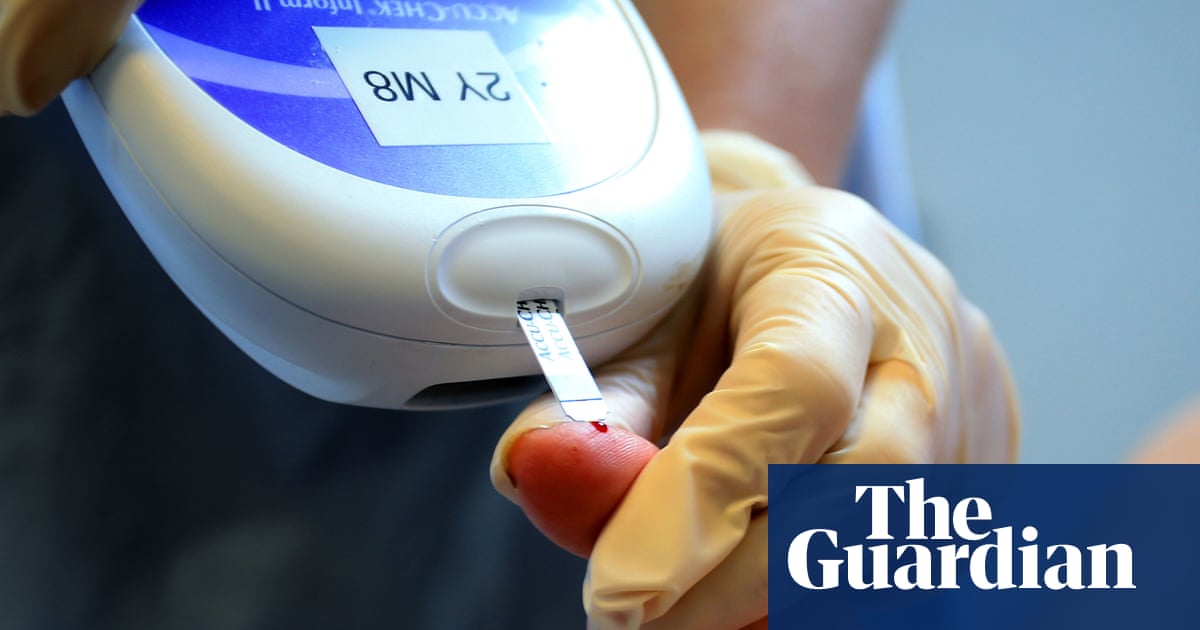
A large study has shown that blood pressure medications could help prevent millions from developing type II diabetes.
According to research published in Lancet, lowering blood pressure can be an effective way to reduce the risk of developing the disease in the future.
To reduce the risk of suffering a fatal heart attack or stroke, doctors already prescribe blood pressure medications at a low cost. The question of whether these drugs can also be used to prevent the onset of type 2 diabetes has been left unanswered.
Researchers have now discovered that the drug's protective effects are more extensive than originally thought. They may reduce the risk of developing type 2 diabetes in people, which is a condition that affects an estimated 13.6million people in the UK.
Researchers at the Universities of Oxford and Bristol tracked more than 145,000 participants in 19 randomised clinical trials around the world for an average period of five years. This was the largest ever study of its kind.
The risk of developing type 2 diabetes was reduced by 11% when there is a 5mmHg decrease in systolic pressure. This can be achieved via lifestyle changes or blood pressure medications.
The effects of five main blood pressure medications were also examined in 22 clinical trials. They were compared to a placebo. They found angiotensin-converting enzyme (ACE) inhibitors and angiotensin II receptor blockers (ARBs) had the strongest protective effect, both reducing someone's relative risk of developing diabetes by 16%.
Other blood pressure-lowering medications were not as protective. The risk of type 2 diabetes was not reduced by calcium channel blockers, but beta blockers and the thiazide diuretics increased the risk. Despite their proven benefits in preventing strokes and heart attacks,
Health experts recommend that you maintain a healthy weight and live a healthy life to lower your risk of developing type 2 diabetes. Research suggests that existing drugs, especially ARBs and ACE inhibitors, should be considered for patients at greater risk.
Professor Kazem Rahimi, a leading researcher at the University of Oxford, and a consultant cardiologist said that "our research provides clear evidence" that ACE inhibitors and ARBs could be given to patients at high risk, in order to reduce the rising burden of type 2 diabetes.
The British Heart Foundation (BHF), National Institute for Health Research, (NIHR), Oxford Biomedical Research Centre, and the Oxford Martin School funded the research.
Professor Sir Nilesh Samani is the BHF's medical director. He stated that high blood pressure and diabetes are growing problems that increase one's risk of having heart attacks or strokes. Research has shown that diabetes and high blood pressure are closely linked. Lowering blood pressure can be an effective way to lower your risk of developing it.
It also showed that the effects of different drugs used to lower blood pressure can have different effects on diabetes risk. When prescribing anti-hypertensive drugs to lower blood pressure, doctors should consider the patient's likelihood of developing diabetes.
